Many consumers wonder if L’Oreal is an Israeli company and specifically how deep the L’Oreal Israel connections run. The relationship is complex, involving not only manufacturing but also partnerships with Israeli institutions. Furthermore, the Dead Sea products Israeli market represent a significant business opportunity, with the global Dead Sea Mud Cosmetics market valued at $723.00 million in 2021 and projected to reach $2.6 billion by 2031. However, these business activities have also made L’Oreal a target for boycott campaigns, particularly after controversies such as their 1995 agreement to pay $1.4 million to the US government to settle charges that it had cooperated with the Arab League’s official boycott of Israel.
L’Oréal’s factory in Migdal Ha’emek
One of L’Oréal’s most discussed business operations in Israel is its factory in Migdal Ha’emek. This manufacturing facility plays a key role in the company’s Middle Eastern production network, yet remains a focal point of controversy due to its location and historical context.
History of the location and its political context
Migdal Ha’emek was established in 1953 on lands that belonged to the Palestinian village of Al-Mujaydil. The original Palestinian inhabitants were displaced during the 1948 Arab-Israeli War, after which the Israeli government designated the area for new development. Throughout the following decades, Migdal Ha’emek grew into an industrial center where several international companies, including L’Oréal, eventually established operations.
The region’s transformation from a Palestinian village to an Israeli industrial zone represents the broader pattern of land acquisition and settlement that characterized Israel’s early development. Moreover, the industrial park where L’Oréal operates was specifically designed to attract international investment to strengthen Israel’s economic foundation during its formative years.
Why Migdal Ha’emek is controversial
The controversy surrounding Migdal Ha’emek stems primarily from its establishment on lands formerly inhabited by Palestinians. Critics argue that operating a factory in this location implicitly endorses or benefits from the displacement of the original inhabitants. Meanwhile, supporters contend that business operations in the area simply reflect economic realities rather than political endorsements.
For Palestinian rights advocates, the presence of international corporations in such locations represents complicity in what they describe as ongoing occupation and dispossession. Consequently, L’Oréal’s factory has become a target for boycott campaigns that seek to pressure companies operating in disputed territories.
Is L’Oréal an Israeli company?
Despite its significant presence in Israel, L’Oréal is not an Israeli company. Founded in France in 1909, L’Oréal maintains its global headquarters in Clichy, Hauts-de-Seine. Nevertheless, L’Oréal Israel functions as a subsidiary of the parent company, operating with considerable autonomy in its regional market.
The relationship between L’Oréal and Israel is therefore a commercial one rather than a matter of national identity. Regardless of this distinction, the company’s investment in Israeli operations, especially in contested locations like Migdal Ha’emek, continues to raise questions about corporate responsibility in regions with complex political histories.
Dead Sea minerals and product lines
The Dead Sea, located at the lowest point on Earth, provides unique minerals that have become a significant component of L’Oreal’s Israeli business ventures through its “Natural Sea Beauty” product line.
What are Dead Sea minerals?
The Dead Sea contains a unique blend of minerals not found elsewhere, with a salinity level exceeding 30% – ten times higher than ordinary seawater. Its waters and mud are rich in essential minerals, including magnesium, calcium, potassium, and bromine. These minerals offer therapeutic properties for skin health, providing exfoliation, hydration, and relief for various skin conditions. Above all, magnesium accelerates cell metabolism and repair, while calcium improves skin protection through antioxidant properties.
Natural Sea Beauty and its global reach
L’Oreal entered the Dead Sea cosmetics market with “Natural Sea Beauty,” a line incorporating the “therapeutic power” of Dead Sea minerals. First of all, these products represent a “comprehensive spa approach to skin care based on the ancient beauty secrets of the Dead Sea”. Manufactured and distributed by L’Oreal’s Israeli subsidiary, Interbeauty Cosmetics, the collection was slated for national roll-out in 1999. In fact, the product line has expanded globally, reaching 22 countries.
Dead Sea products and the occupied West Bank
The geographical location of Dead Sea resource extraction raises serious concerns. Much of the northern Dead Sea shoreline lies within the occupied West Bank, where Israeli companies extract and manufacture cosmetic products. Although Palestinians legally own these resources, they are effectively excluded from utilizing them. The Palestinian economy loses an estimated $1.4 billion annually from a lack of access to land and the inability to develop extractive industries.
Dead Sea products Israel: ethical concerns
The extraction of resources from occupied territory potentially violates United Nations General Assembly Resolutions and the Fourth Geneva Convention, which forbid an occupying power from exploiting the natural resources of occupied territories. In addition to this, labeling issues exist – many products marked “Made in Israel” contain resources from the occupied Palestinian territories. As a result, L’Oreal’s Dead Sea products have become targets for boycott campaigns seeking to pressure companies against operating in disputed territories.
Corporate ties and political motivations
Beyond manufacturing facilities, the relationship between L’Oréal and Israel extends into academic and corporate spheres, revealing complex institutional ties.
L’Oréal’s award to a Weizmann Institute scientist
In 2008, L’Oréal awarded a $100,000 “lifetime achievement” award to Prof. Ada Yonath of the Weizmann Institute of Science. Prof. Yonath received recognition “for structural studies of the protein-synthesizing system and the mode of action of antibiotics,” becoming the first Israeli to receive this prestigious prize. This award preceded her Nobel Prize in Chemistry.
Gad Propper’s role in L’Oréal Israel
Gad Propper serves as the chairman of L’Oréal Israel and founding chairman of the Israel-EU Chamber of Commerce. Notably, the French government awarded Propper France’s highest civilian honor, the Legion d’honneur, acknowledging “his contribution to the global success story” of L’Oréal.
L’Oréal’s apology to the ADL and the Arab League boycott
Initially, L’Oréal faced controversy in 1995 when it agreed to pay $1.4 million to the US government to settle charges of cooperating with the Arab League’s boycott of Israel. Afterwards, then-chairman Lindsay Owen-Jones apologized to the Anti-Defamation League, assuring them that this approach “is an encouragement to L’Oreal and other companies that are already involved in Israel to expand their involvement further”.
Does L’Oréal support Israel politically?
L’Oréal has never explicitly stated a desire to participate politically in the Israeli-Palestinian conflict. Yet, critics point to its investments and economic activities in both Israel and the occupied territories as implicit political support.
The global boycott movement and public response
The Boycott, Divestment and Sanctions (BDS) movement stands at the forefront of international criticism against L’Oréal’s business operations in Israel.
Why the BDS movement targets L’Oréal
BDS primarily targets L’Oréal for its factory in Migdal Ha’emek, built on lands belonging to the ethnically cleansed Palestinian village of al-Mujaydil. Besides manufacturing concerns, the company’s exploitation of Dead Sea minerals—with one-third of the western shore lying in the occupied West Bank—further fuels opposition. Indeed, the Palestinian BDS National Committee explicitly calls for boycotting L’Oréal products because of its “deep and extensive involvement” with Israel.
L’Oréal boycott campaigns around the world
Campaigns worldwide urge consumers to avoid L’Oréal products. After paying $1.4 million in fines for writing a letter to the Arab League, L’Oréal apologized and subsequently fostered closer ties with Israel. Critics describe the company as a “warm friend of Israel”. Muslim and Arab customers, generally, are encouraged to boycott companies supporting Israel. The boycott movement straightaway recommends three actions: don’t buy L’Oréal products, don’t sell them, and don’t work for L’Oréal.
Impact on L’Oréal’s brand image
L’Oréal’s reputation faces significant challenges among consumers concerned with social justice. Undeniably, the company risks losing credibility with certain customer segments should it maintain commercial relationships with Israel in disputed territories. Social media campaigns effectively influence public perception of L’Oréal’s ethical standing.
We’ve covered multiple fashion labels with ties to Israel. To view the full set of case studies, visit our main guide: Fashion Brands That Support Israel.
Final Thoughts
Throughout its decades-long relationship with Israel, L’Oréal has weathered significant controversies. In 1995, the company agreed to pay $1.4 million to settle an investigation by the U.S. Commerce Department regarding violations of American laws against cooperating with the Arab boycott of Israel. Yet the company maintained its stance, with its lawyer stating L’Oréal “denied any wrongdoing” while settling the case to emphasize its opposition to boycotts.
In response to these allegations, then-chairman Lindsay Owen-Jones sent a letter to the Anti-Defamation League apologizing for the company’s correspondence with Arab officials, writing: “I personally would like to say that I am sorry such correspondence was ever sent”.
Over time, the political landscape surrounding boycotts has shifted. Commerce Department officials noted a 27% drop in boycott-related complaints in the mid-1990s, with complaints from Persian Gulf countries declining by 61% during this period.
L’Oréal faced renewed controversy in 2018 when British Muslim model Amena Khan stepped down from a groundbreaking hijab-inclusive campaign after her 2014 tweets criticizing Israel’s actions in Gaza resurfaced. Critics pointed to a double standard, noting Israeli actress Gal Gadot faced no similar pressure for supporting Israeli military actions.
Historically, the company carries additional baggage—founder Eugene Schueller was a Nazi sympathizer who helped bankroll a violent far-right organization in the 1930s.
FAQs – L’Oreal Supports Israel
Is L’Oréal an Israeli company?
No. L’Oréal is a French multinational founded in 1909 and headquartered in Clichy, France. However, L’Oréal Israel operates as a subsidiary, employing around 300 workers and managing over 20 brands in the country.
Why is L’Oréal’s factory in Migdal Ha’emek controversial?
The factory is built on lands that once belonged to the Palestinian village of Al-Mujaydil, whose inhabitants were displaced in 1948. Critics argue that operating there normalizes displacement and occupation, making L’Oréal complicit in historical injustices.
Does L’Oréal use Dead Sea minerals in its products?
Yes. L’Oréal manufactures the “Natural Sea Beauty” line using Dead Sea minerals, which are exported to 22 countries. However, critics note that many of these resources are extracted from areas in the occupied West Bank, raising ethical and legal concerns.
Why does the BDS movement target L’Oréal?
The BDS movement calls for a boycott of L’Oréal because of its factory in Migdal Ha’emek and its use of resources from the Dead Sea, parts of which lie in occupied Palestinian territory. These business operations are seen as contributing to Israel’s occupation and settlement economy.
Has L’Oréal faced controversies over its ties to Israel before?
Yes. In 1995, L’Oréal paid $1.4 million to the U.S. government to settle charges of cooperating with the Arab League boycott of Israel, after which it sought closer ties with Israel. In 2018, the company also faced backlash when Muslim model Amena Khan stepped down from a campaign over past tweets criticizing Israel.
Does L’Oréal officially support Israel politically?
L’Oréal has not issued political endorsements, but its significant investments and partnerships in Israel—especially in disputed areas—are widely interpreted as implicit support for the state.
What impact have boycotts had on L’Oréal?
While L’Oréal remains one of the largest cosmetic brands globally, boycott campaigns have hurt its reputation in some regions. Critics argue that its operations in Israel undermine its image among socially conscious and pro-Palestinian consumers.

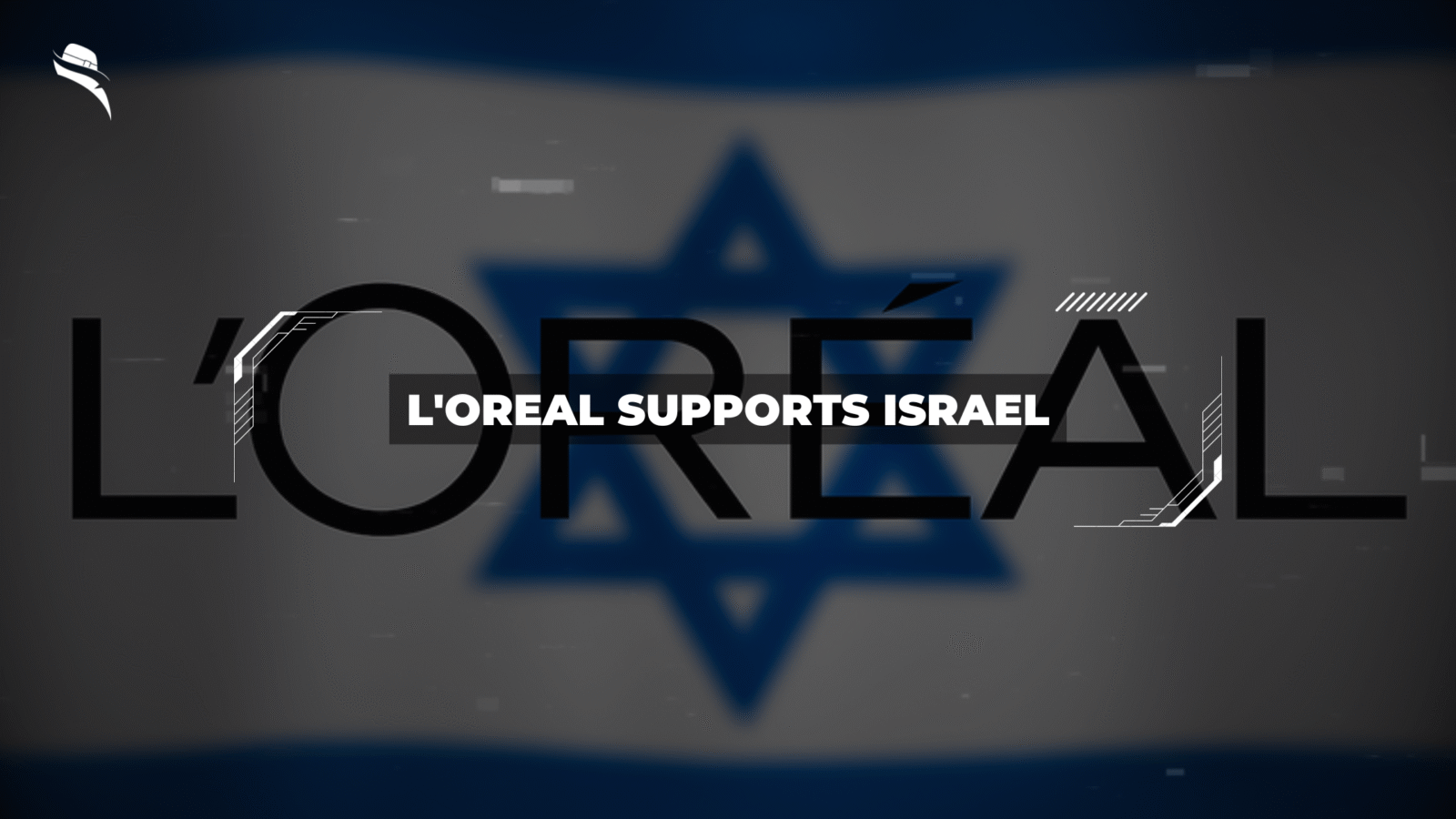
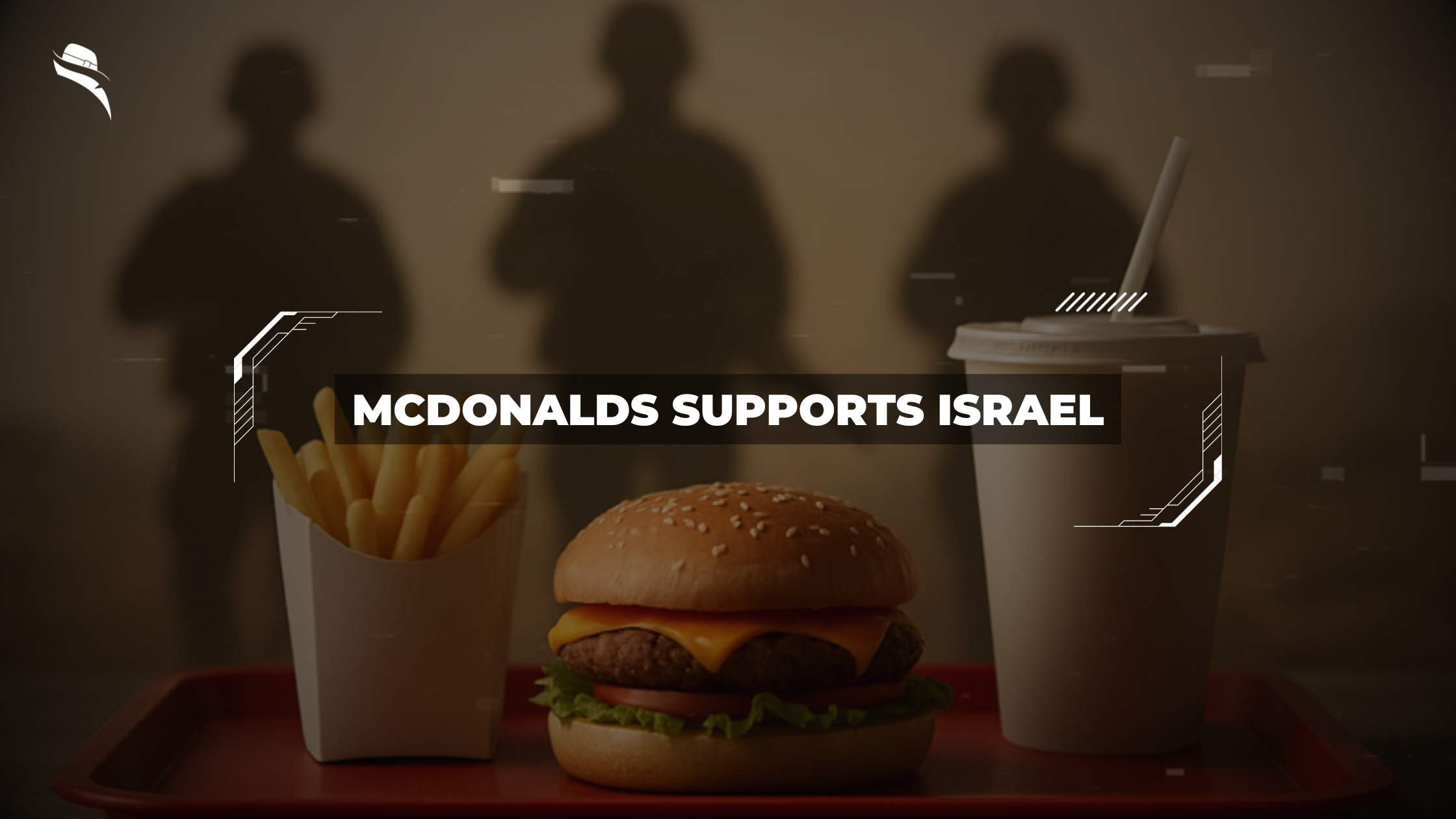
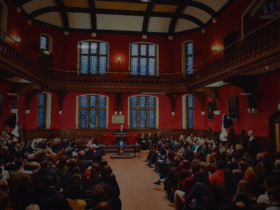
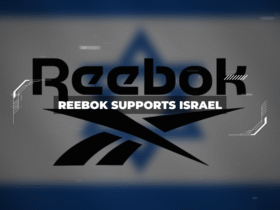
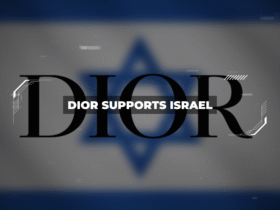
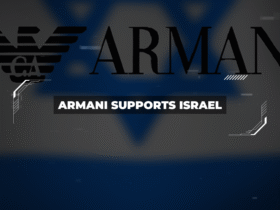
Leave a Reply